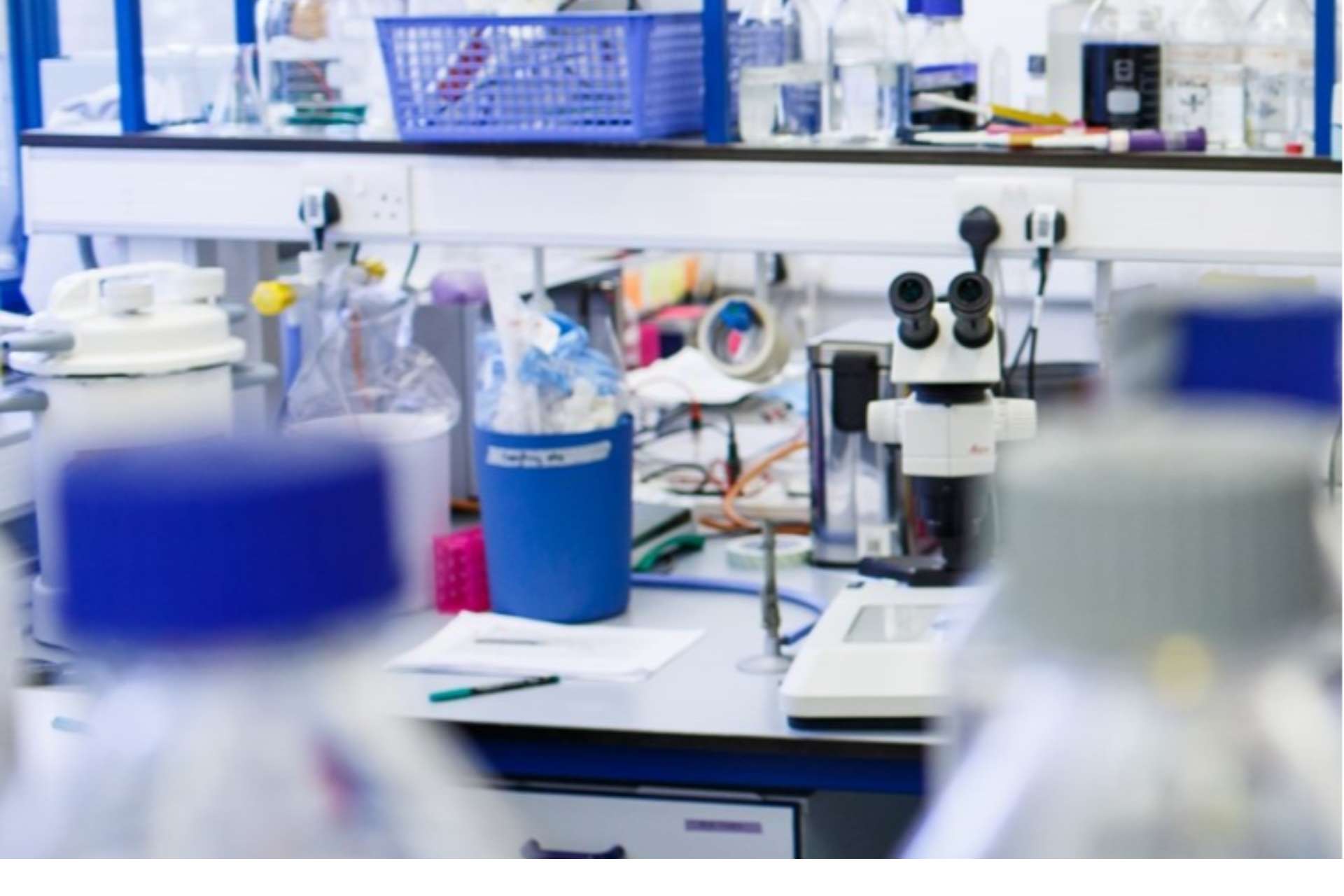Our lab studies the molecular basis of the ageing process using the nematode worm C. elegans
It is difficult to study ageing in humans due to the time scales involved so, scientists use simpler organisms such as worms, flies and mice. Our work uses the nematode worm C. elegans to understand the ageing process. This amazing, tiny worm (1mm long) lives for 3 weeks in the laboratory and has been vital to our understanding of ageing. It is possible to extend its lifespan either by changing its genetic makeup or by altering the environment in which it is grown. Importantly, interventions that extend lifespan also tend to protect against age-related pathologies so, we are not simply extending lifespan but also improving the quality of late-life health.
The molecules we study are also present in mammalian cells. So, by studying their effects on lifespan in worms, we will eventually be able to use this information to design interventions to slow ageing and improve the late-life health of humans.
See out lab homepage for further information
